The Poly Network Hack: Who to Blame?
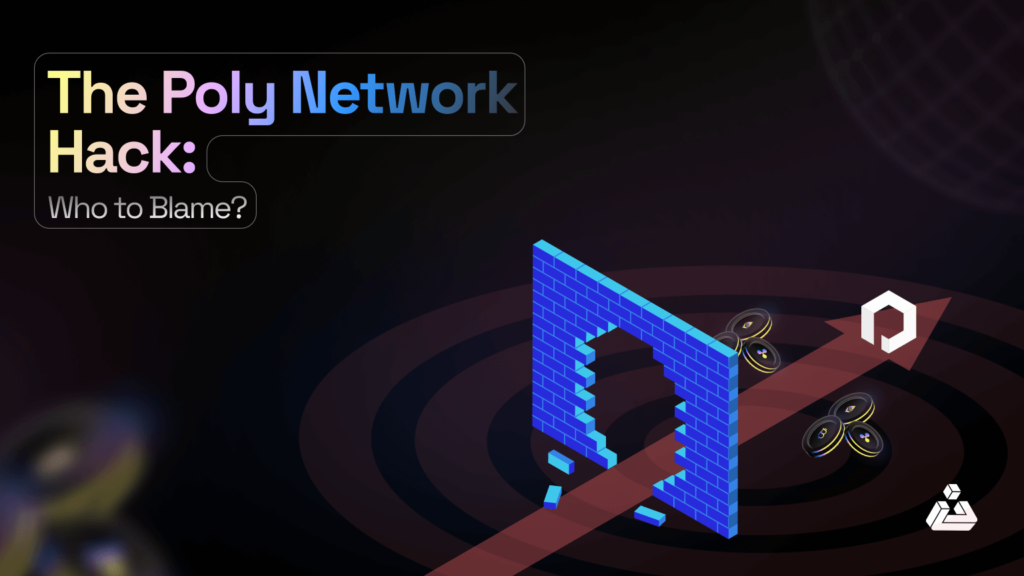
What was essentially the biggest hack in the history of cryptocurrency became a valuable lesson on the importance of security and just how powerless big organizations can become in the face of powerful hackers. The unusual trajectory of this incident also begs the question of where to place the blame in these kinds of attacks. Read more to find out exactly how the hack took place as we analyze the most pressing questions surrounding this attack.
The Collapse of Blockchain Security
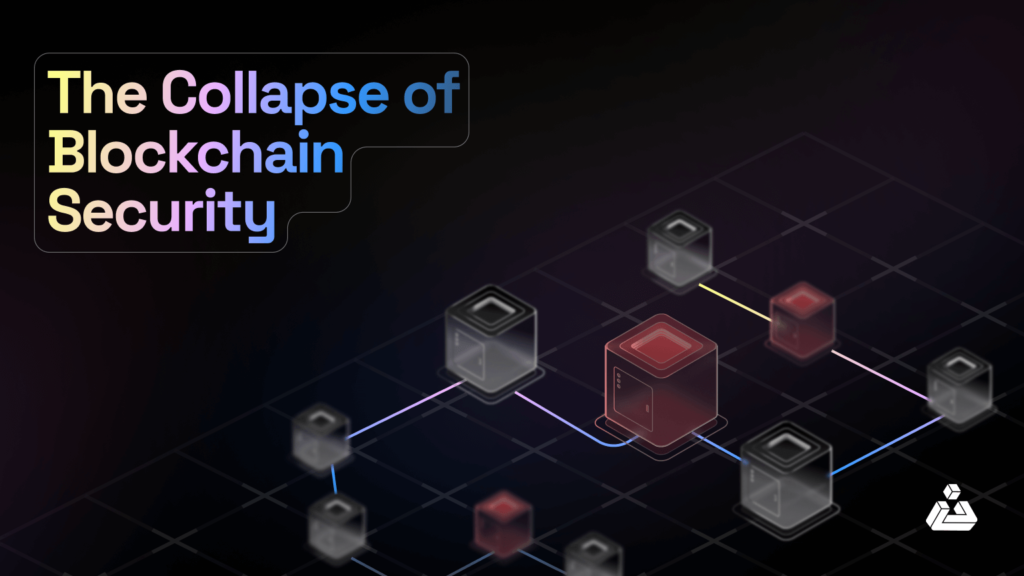
Over $720M worth of funds were stolen this month, illuminating a dangerous message about the security and reliability of these platforms- raising several questions. Is orchestrating an attack of this level really so easy? If I happen to be a daring individual with the right technical skills, can I too be the owner of millions of dollars worth of funds? And most importantly, what measures can other platforms take beforehand to ensure they and their users are safe from becoming the next target?
SEC Regulations: Sabotage Under The Guise Of Protection?
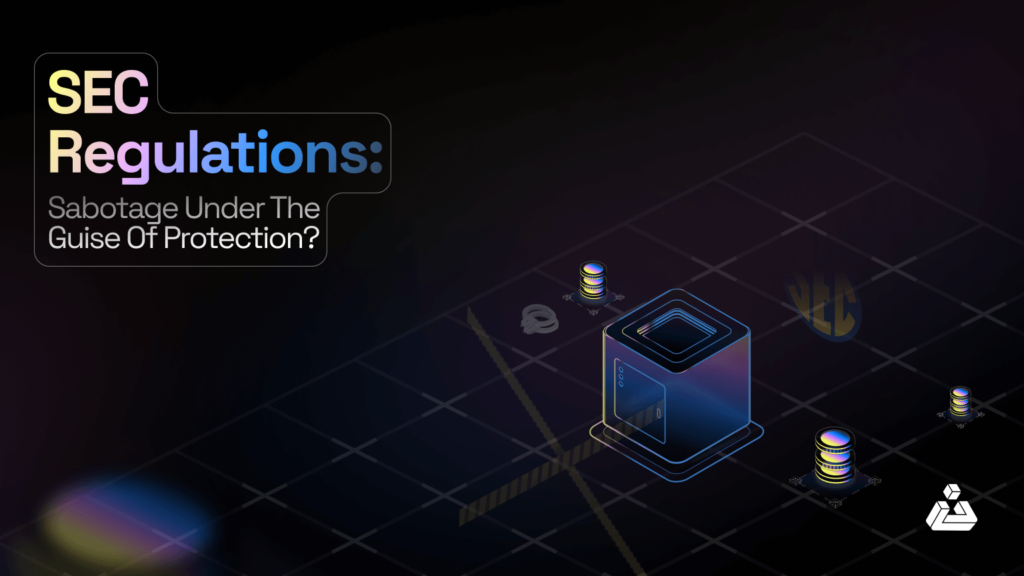
The SEC describes its motives to be the safeguarding of investors, while members of the blockchain community see their actions as sabotage. Read more to find out the history of this controversy and its implications on the general definition of security.
Tornado Cash: A Force For Good Or Evil?
The dual nature of Tornado Cash brings forth layers of doubt surrounding its morality. Who benefits more from using Tornado Cash? The average man concerned about his privacy, or a criminal with millions of dollars worth of stolen funds?
Cryptocurrency: Cutting-edge or Criminal?
As the positive hype around cryptocurrency increases, so does the negative. Many argue that the very benefits of decentralization and anonymity result in it being favored for use in a host of illegal activities. However, is outright banning a viable solution?
Metaverse: Virtual Wonderland Or Capitalist Dystopia?
Security and privacy are among the top issues expected to arise in the metaverse. Some have even gone so far as to say that the metaverse is capitalizing on users’ desire to escape from reality.
Achieving Security In Blockchain Part One: Outlining The Problem
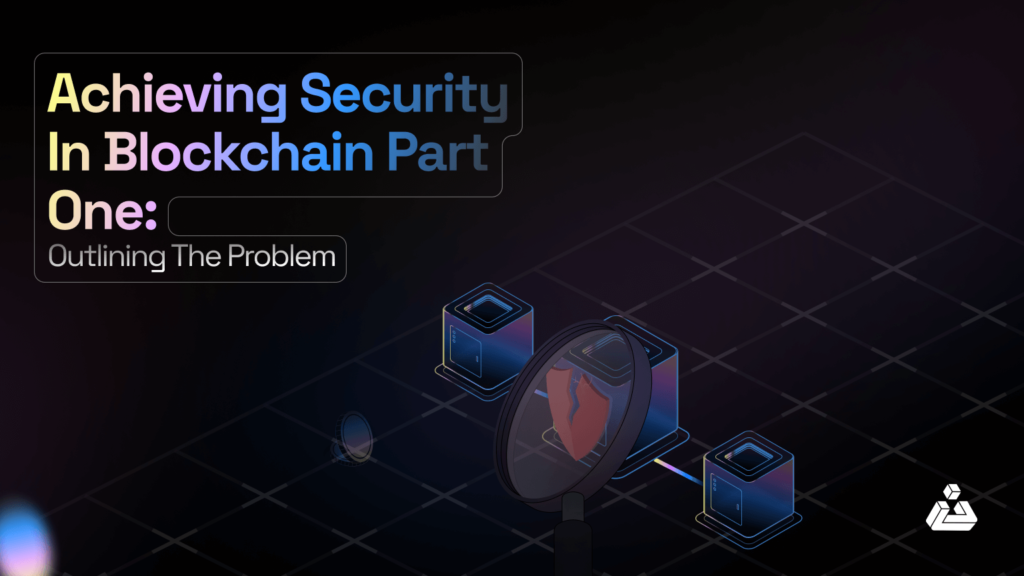
A major pillar of blockchain technology is transparency. This means that any system built on blockchain is by definition public- a fact that introduces an entirely new set of vulnerabilities and threats. As a result, cleverly orchestrated hacks on blockchain solutions are not an uncommon feat. Even the biggest names in the field continue to suffer from attacks, resulting in losses equating to millions of dollars.
The DAO Dichotomy: Public Interest Or Personal Gain?
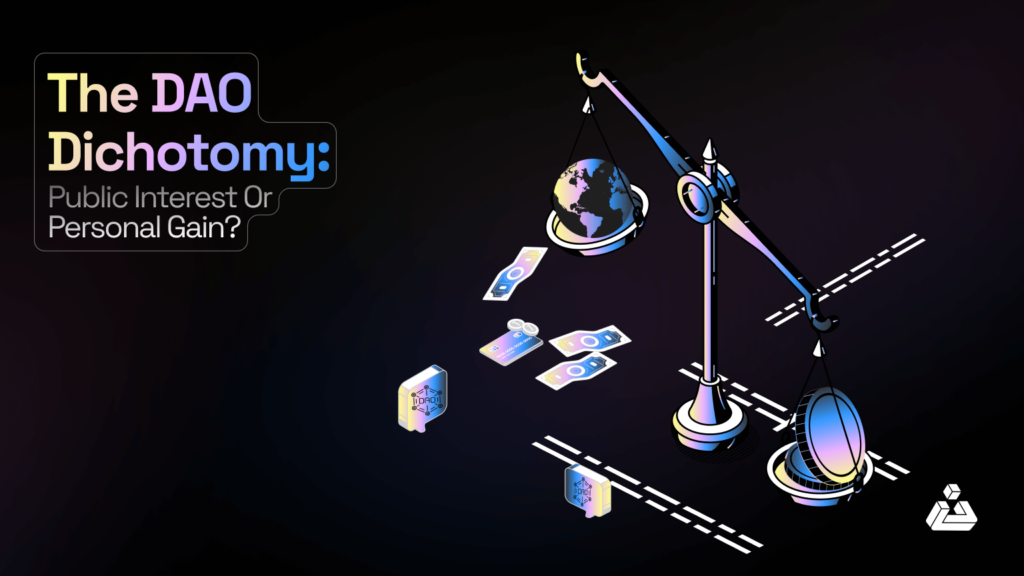
DAOs can be seen as the next step in achieving this vision, eliminating the use of intermediaries in corporate governance. Functioning via an interconnected network of smart contracts, these Decentralized Autonomous Organizations are essentially communities that are fully managed and owned by their members.
Revisiting Ethereum Classic in Light of the London Hard Fork

The successful upgrade of the London Hard Fork is a big difference from the fork leading to Ethereum Classic that took place back in 2016. However, despite their divergence, both are milestones in the Ethereum world- guaranteed to have lasting impacts on the blockchain as we know it. Read more to find out the circumstances surrounding each hard fork and the role they may play in shaping Ethereum’s future.
Transparency Series I: Diving Into Composable Smart Contracts

omposable smart contracts bring about certain problems in particular during the auditing phase. One of these is the hindering of end-to-end (E2E) testing. Often it is the case that for calling even just one function of a composable smart contract, multiple other contracts are required to be deployed.








